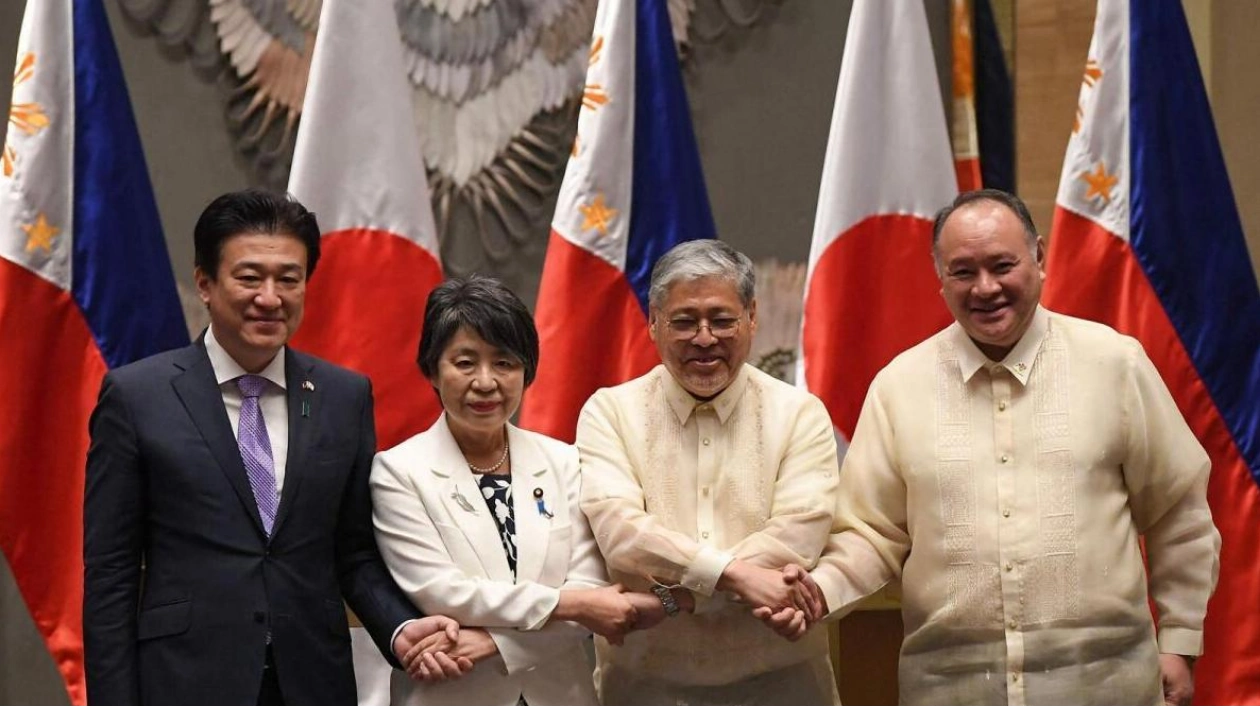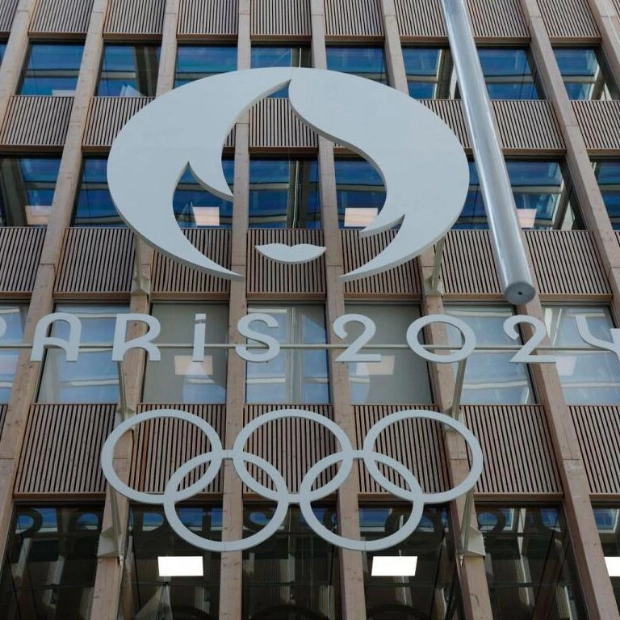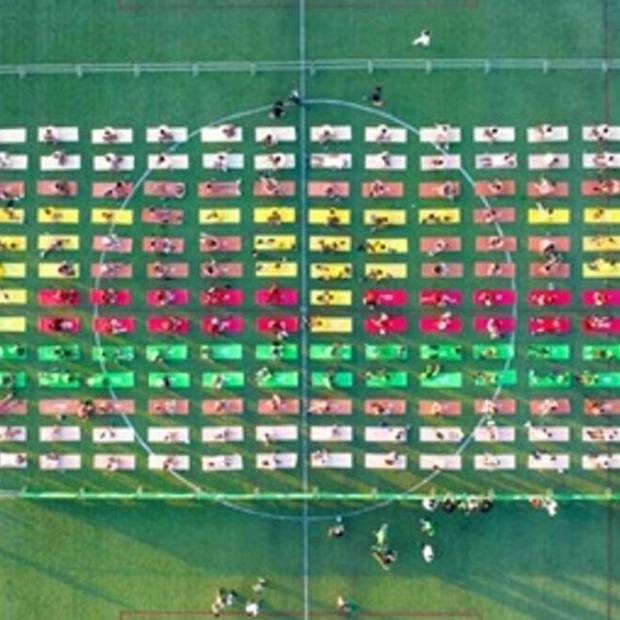The Philippines celebrated a new peak in defense relations with Japan following the signing of a significant military agreement on Monday. This agreement, known as the Reciprocal Access Agreement (RAA), marks the first time Japan has entered into such a pact in Asia. It facilitates the deployment of forces on each other's territory, addressing China's growing assertiveness in the region. The RAA will streamline the movement of equipment and troops for combat training and disaster relief, enhancing military cooperation between Manila and Tokyo.
Philippine Foreign Minister Enrique Manalo highlighted the unprecedented level of the defense partnership during a joint briefing after a '2-plus-2' meeting involving both nations' foreign and defense ministers. This agreement comes amid rising tensions between Manila and Beijing due to incidents at the contested Second Thomas Shoal, including an injury to a Philippine sailor last month. The ministers expressed grave concern over China's provocative actions at the shoal, which have hindered freedom of navigation and disrupted supply routes.
The agreement will become effective once ratified by the parliaments of both countries. China asserts control over much of the South China Sea, a critical trade route also claimed by Brunei, Malaysia, the Philippines, Taiwan, and Vietnam. Japan, despite its recent shift towards a larger military presence, does not claim the South China Sea but is engaged in a separate maritime dispute with China in the East China Sea.
Both the Philippines and Japan, key U.S. allies in Asia, have strongly opposed what they perceive as China's increasing assertiveness in the South China Sea and have expressed concerns over tensions in the Taiwan Strait. Japan's Foreign Minister Yoko Kamikawa emphasized the importance of peace and stability in the Indo-Pacific region, opposing any unilateral attempts to alter the status quo through force or coercion.
In response, a Chinese foreign ministry spokesperson in Beijing stated that the Asia-Pacific region does not need military blocs or provocations that could lead to a new Cold War. The spokesperson also reminded Japan to reflect on its history of aggression during World War II and to exercise caution in its military security activities.
The Philippines maintains Visiting Forces Agreements with the United States and Australia, while Tokyo, home to the largest concentration of U.S. forces outside the U.S., has similar agreements with Australia and Britain and is in negotiations with France.






